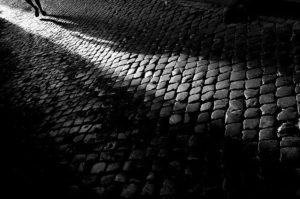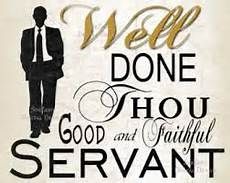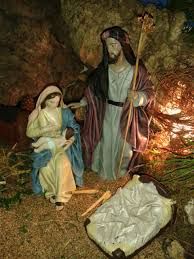Roman Catholicism offers an array of the shadows discussed in Colossians 2:17.
IT’S WORTH CONSIDERING

What is a Shadow?
Think about what a shadow is. It is a dark and empty image of something real and is the result of light being blocked. Since the object Paul is describing in this letter is Christ, shadows of Him are lifeless, empty, and poor substitutes. Paul had to address the issue because people are naturally drawn to things that they can do or not do to show their worth and be accepted. Just avoid these things and celebrate certain days and your life will be complete. Paul was reminding the Colossians that they were already complete in Christ (Col. 2:10). We are drawn to these shadows because they require no submission, no change, and no relationship to cultivate. They are quick add-ons that we can do so we can continue on our merry way.
AS I SEE IT
The Catholic Church is all about celebrating the shadows at the expense of the real thing. All the genuflecting, hail Marys, meaningless repetition, pageantry, and traditions are nothing but shadows, meaningless rituals that offer false hope and leave the participant completely unchanged and no closer to Christ. Consider the Catholic celebration of the Eucharist—the partaking of the bread and the wine. The problem comes from a misinterpretation of John 6:53-54:
has eternal life and I will raise him up on the last day.
These and similar verses have tripped up may people over the years. The Early Church was accused of cannibalism because of these verses. Catholics have fallen into the same trap by ignoring the clear context and following the Catholic Church’s teaching of transubstantiation, a belief that the whole substance of bread is changed into the substance of the Body of Christ and of the whole substance of wine is changed into the substance of the blood of Christ. Catholics, therefore, believe they are actually partaking of Christ’s flesh and His blood.
Only a Metaphor
The previous verses in John 6 show that Jesus had begun to speak metaphorically. In verse 41 He said He was the bread that came down from heaven. He was saying that He was and is superior to the manna that fell from heaven and temporarily sustained the Israelites while in the wilderness. He was the spiritual version of manna, but He offered eternal life where manna only temporarily sustained them. They eventually died because of their unbelief. His spiritual life was available to all who would simply believe in Him (v. 47). If Jesus’ words in John 6:53-54 are to be taken literally, requiring people to eat His flesh and drink His blood, then in verse 41 Jesus claimed to be a loaf of bread that fell from the sky. Once again, He was speaking metaphorically.
Just Believe
The point of this little journey is to show the danger of observing the shadows, especially when they are based on a misinterpretation of Scripture. The Catholic eucharist is a shadow that contradicts salvation by faith alone, promotes legalism, and elevates ritual over truth. It’s worth an honest analysis of our own shadows. Once you recognize them, send them to the trash heap.
RELATED ARTICLES
ON THE LIGHTER SIDE
If we all started wearing masks with “Trump 2024” on them, how long before experts would decide we don’t need them anymore?
Check out my YouTube channel.
ATTRIBUTIONS
Inclusion of photographs and/or images in no way implies the endorsement of this blog or its information by the photographer or designer.






Leave A Comment